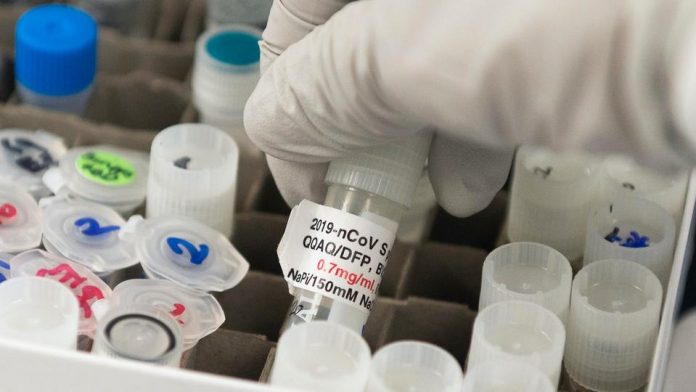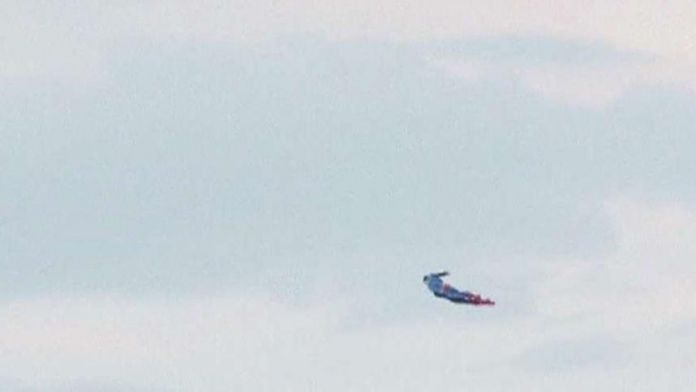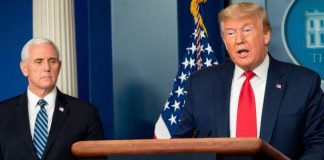As expectations grow that potentially effective coronavirus treatments may be discovered, the Department of Defense has contracted with Novavax (NVAX) for up to $60 million to produce 10 million doses of the biotech’s vaccine candidate.
If all goes well, it would add to the potential available doses in the U.S. once Novavax gets an emergency use authorization. The company’s vaccine entered into phase 1 clinical trials at the end of May.
In a prepared statement, Novavax CEO Stanley Erck said the deal represented “a critical step in our ability to provide vaccine support to the COVID-19 pandemic.”
The contract is a separate line of federal support from the White House’s Operation Warp Speed, which is backing vaccine candidates from Pfizer (PFE), Merck (MRK), Johnson & Johnson (JNJ), Moderna (MRNA) and Oxford University to provide vaccines for the general U.S. population.
AstraZeneca (AZN) is working with Oxford to scale up production of its vaccine candidate, and has agreed to do to for the U.S., U.K., and recently for lower-income countries through Gavi, the global vaccine alliance, and The Serum Institute of India.
Separately, the Army is pursuing its own coronavirus vaccine, with a target date of year’s end.
Meanwhile, the saga over hydroxychloroquine’s effectiveness as a treatment for the coronavirus took a new turn Thursday, when a top medical journal retracted a study that underscored risks to using the anti-malarial drug on COVID-19 patients.
The Lancet, which published a study in late May that resulted in the World Health Organization temporarily halting its own trials, issued a retraction Thursday, saying it could “no longer vouch for the veracity of the primary data sources.”
It added: “Due to this unfortunate development, the authors request that the paper be retracted.” The Lancet retroactively analyzed data from a little-known firm, U.S.-based Surgisphere, which provided vague and questionable data about the use of the drug in trial sites.
In a related move, The New England Journal of Medicine (NEJM) — which also published a study using Surgisphere data focused on different drugs— also retracted its study.
The drug has been touted by President Donald Trump, who also recently revealed he is taking it as a preventative measure. It is also used off-label as a treatment for rheumatoid arthritis and lupus.
The negative news surround such high profile journals could pose a problem for the science and public health world, according to Dr. Isaac Bogoch, an infectious disease specialist in Toronto.
“This is really troubling because it erodes the public trust in science and medicine, and perhaps in the advice from public health officials,” Bogoch told Yahoo Finance’s The Final Round.
“It does more than just portray data that might not be accurate. It can have a rippling effect in the general community. It’s so damaging and its upsetting to see,” he added.













